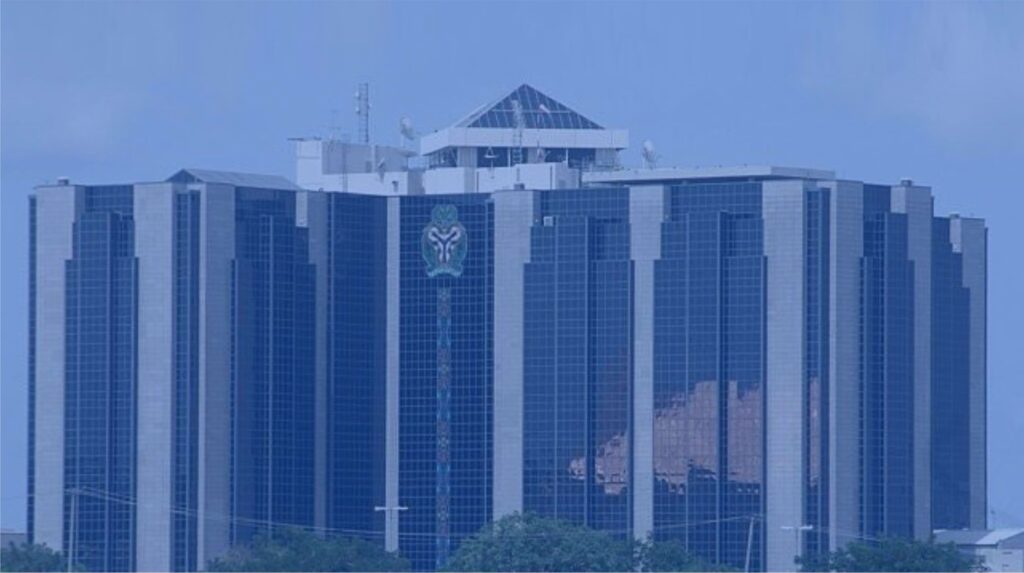Raising Capital Through Commercial Paper: Why Corporations Should Adopt a More Cost-Efficient Option

Businesses seeking to raise capital have a choice between equity or debt financing. Given the increase in inflation and interest rates, it is commercially prudent to adopt short-term debt financing like commercial papers as an easy way to raise cost-efficient capital for a short term, usually less than a year. The money market is becoming […]
Open Banking in Nigeria: Legal Considerations for Data Sharing in Financial Services

Data is considered one of the most valuable assets in the world today. The amount of data being collected has grown exponentially with the rapid growth of digital technologies and the interconnectedness of various industries. According to the Economist, 97% of businesses use data for revenue growth. The whole concept of open banking leverages the […]
Regulatory Update: Increase in the Minimum Share Capital Requirements for Banks

REGULATORY UPDATE: Increase in the Minimum Share Capital Requirements for Banks Introduction The Central Bank of Nigeria (CBN) recently unveiled the Banking Sector Recapitalization Programme 2024 (the “Programme”) which mandates commercial, merchant, and non-interest banks to increase their minimum paid-in common equity capital before 31st March 2026. This marks the first increase since 2004 and […]
Bank Failures in Nigeria: Implications for Stakeholders – A Case Study of Heritage Bank.

Introduction On the 3rd day of June, 2024, The Central Bank of Nigeria (CBN) revoked Heritage Bank’s license, raising significant concerns among depositors, investors, and other stakeholders. Banks operate in a complex and sensitive environment, therefore, they are under various regulatory frameworks including the maintenance of certain capital reserves and adherence to Capital Adequacy Ratio […]

